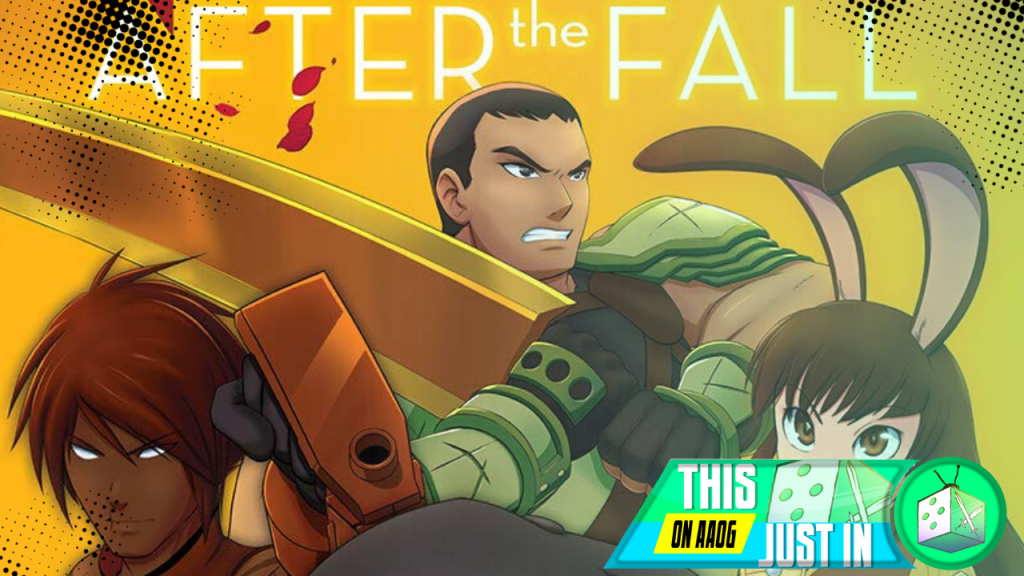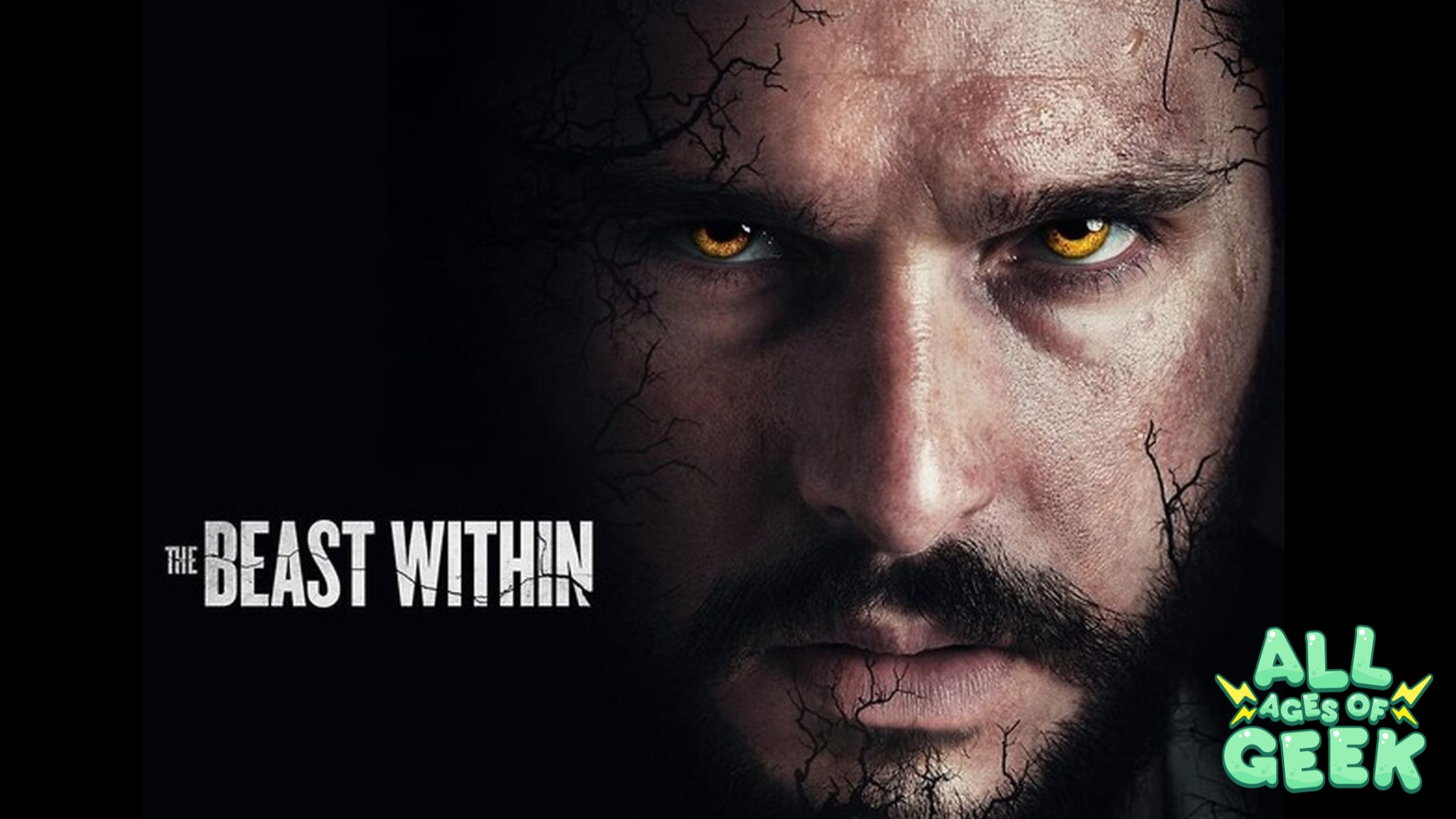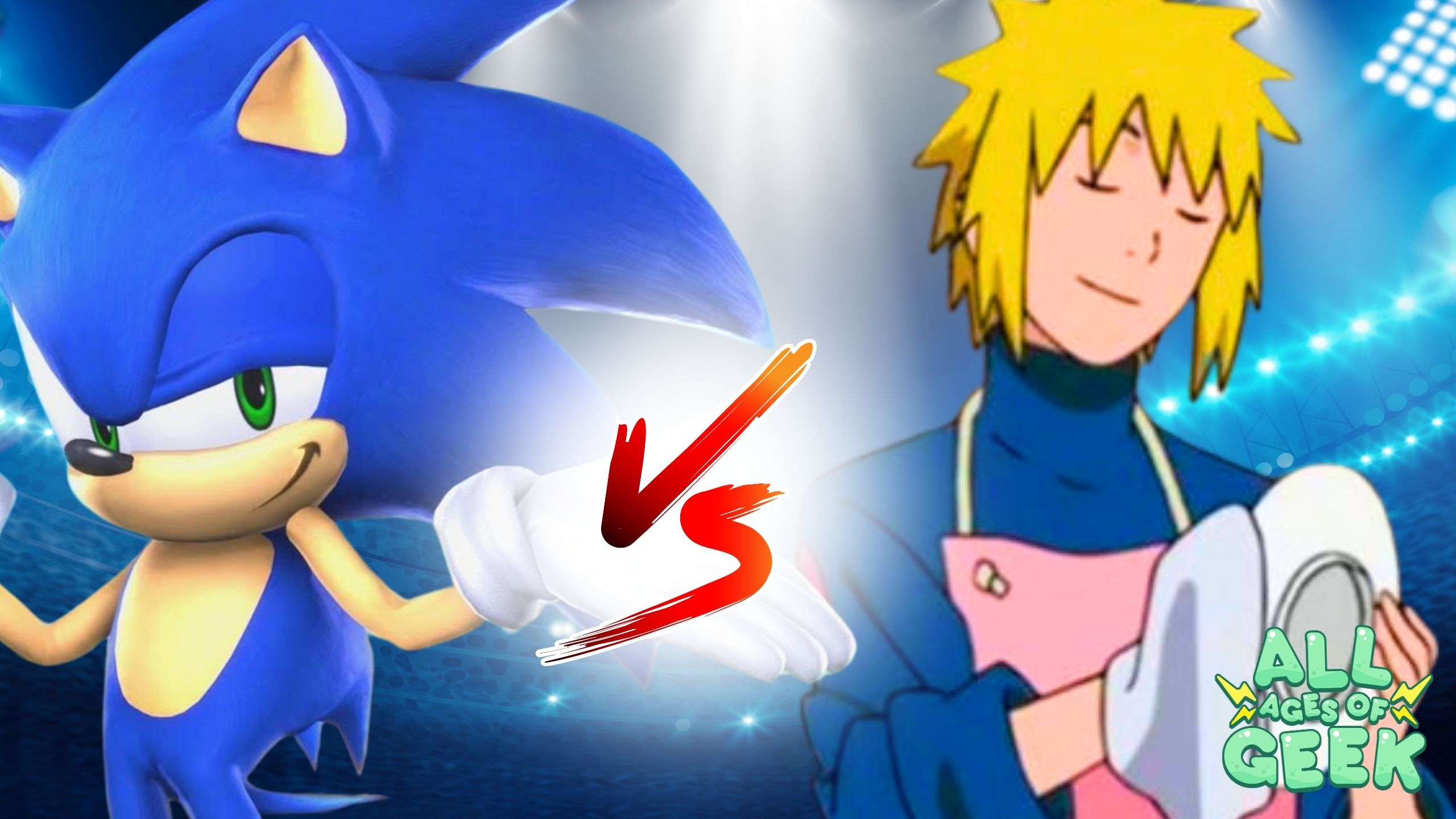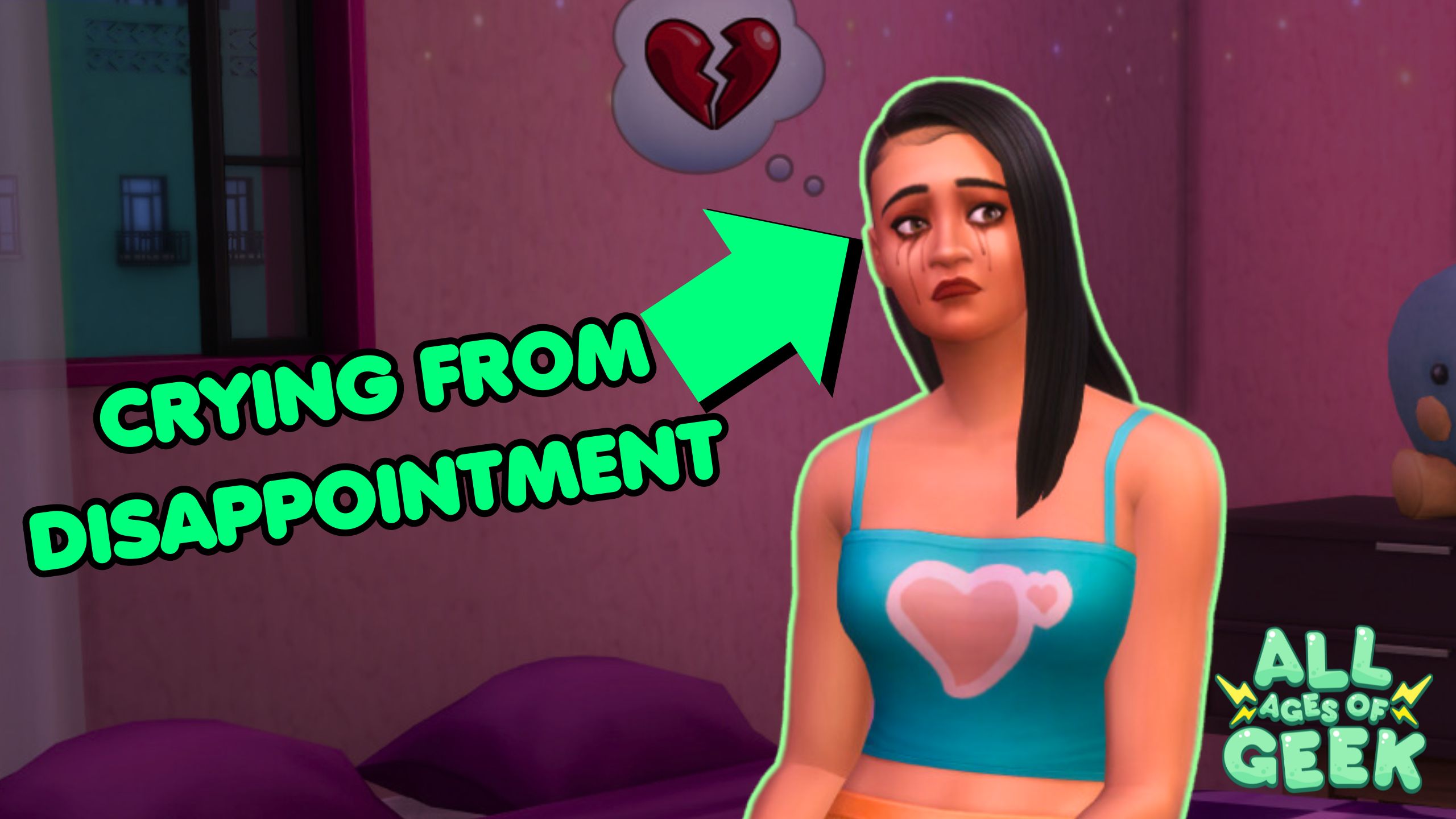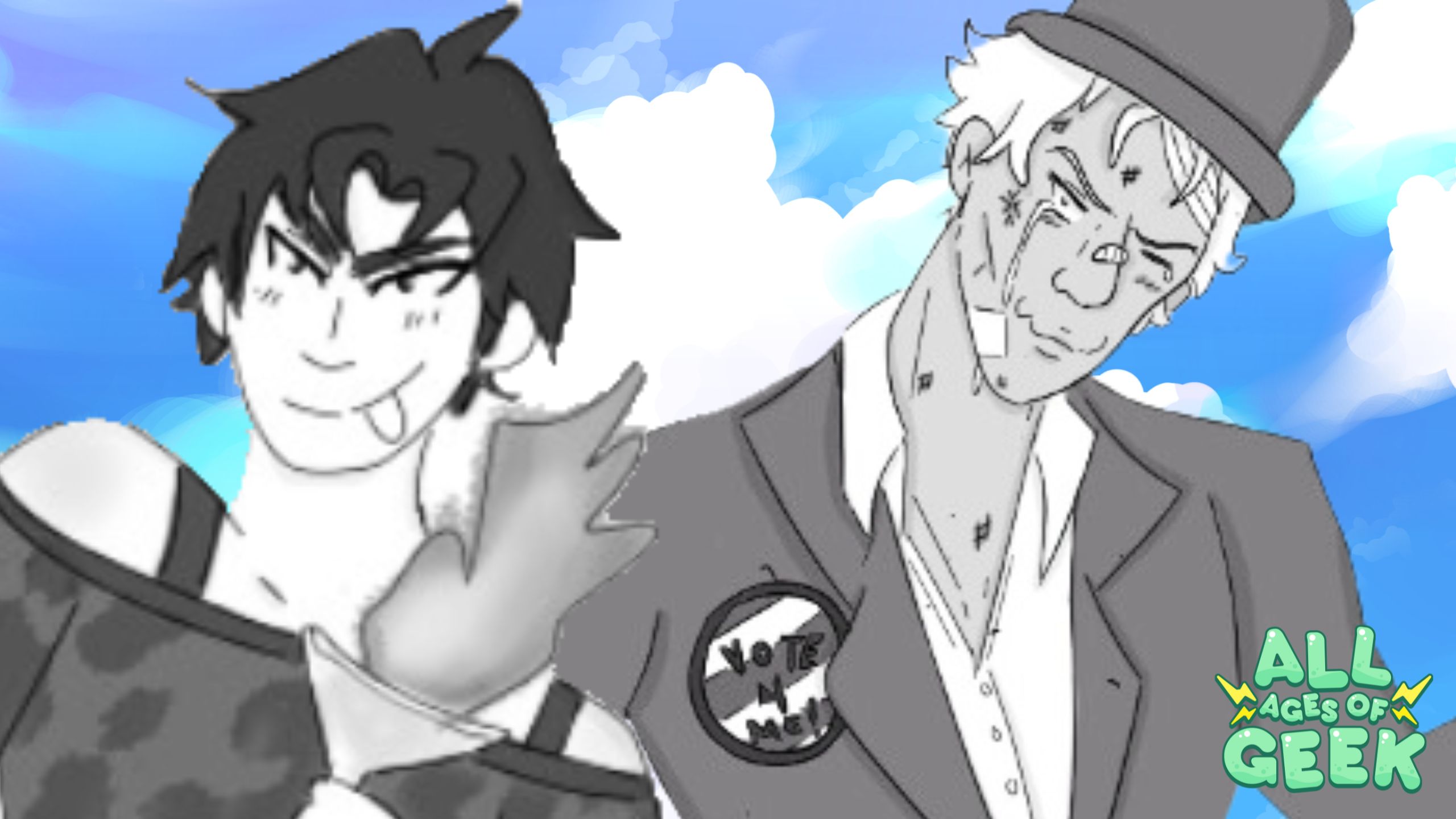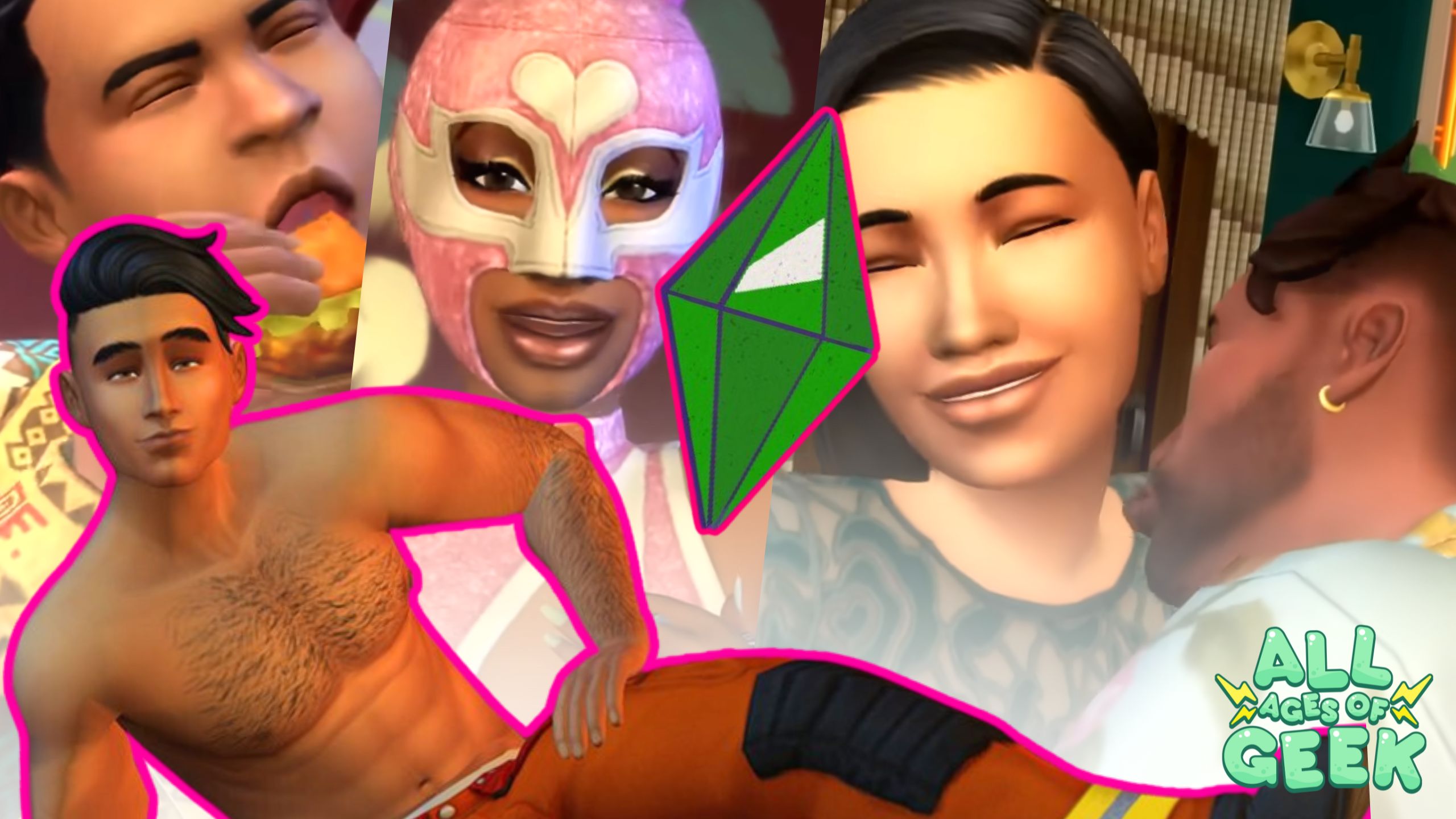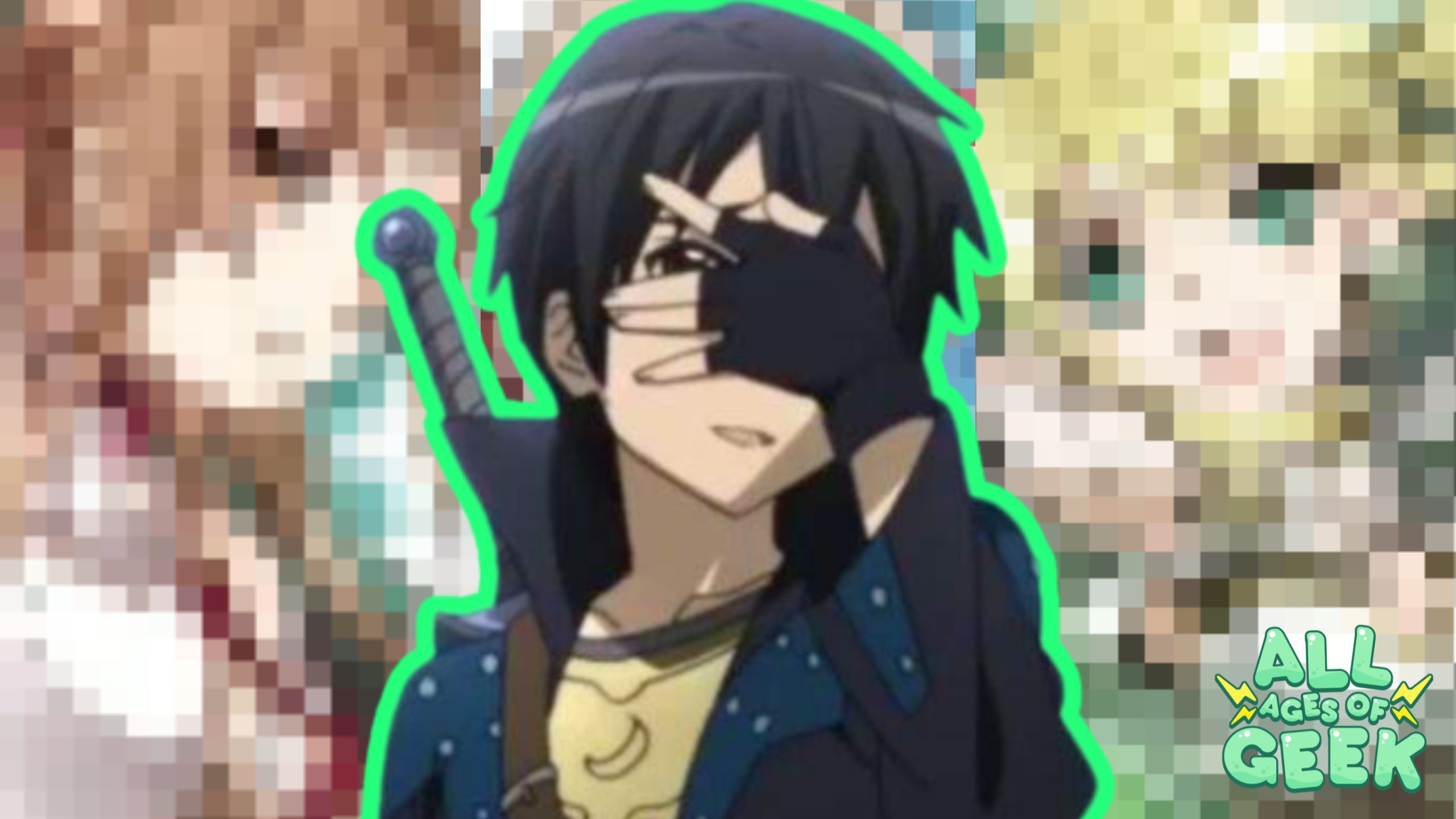After the Fall is the first official novel written for the RWBY series. It came out in 2019 and features the fan favorites, Team CFVY. It follows their escapades following the Fall of Beacon as they adapt to live in Vacuo’s Shade Academy.
I’ll admit, when this book was announced, I was excited like the rest of the fandom. The first novel for RWBY? A chance for more worldbuilding? A chance to expand on the awesomeness that is Team CFVY? Seeing Vaco in depth? At least some hint at how students handled the events of the Fall?
A little while before the book released, at least part of the first chapter was given to the public and I got worried. The prose didn’t particularly grab me. It just felt very underwhelming and lackluster. I was still cautiously optimistic, though, and got the book.
However, I started flipping through it and reading random fragments of it. It…was not good to me. The quality of the prose didn’t impress me and left me with some strong negative sentiments.
I put off reading it for close to a year and when I finally sat down to read it this week for this article…I couldn’t do it. I literally couldn’t do it. I got twelve pages in before giving up. The prose’s quality is just…not good to me.
And this isn’t me having extremely high standards either. The books I enjoy reading most are fantasy novels for the 8-14 demographic. I enjoy series like The Ranger’s Apprentice and author Brandon Mull’s various series. I’ve read Beyonders and Five Kingdoms.
But perhaps the cherry on top is the fact that I still love the Warriors series by Erin Hunter. It’s one of the most derided series online due to extremely repetitive plot elements, minimal characterisation, and a whole host of other criticisms.
The Ranger’s Apprentice has a bad habit of head hopping between paragraphs which is generally regarded as a cardinal sin of writing.
I honestly don’t have much bad to say about Brandom Mull’s books. The only real criticism of them I might have is that they take a pretty slow start which might turn a lot of young readers off. But he has an excellent grasp of worldbuilding, character development, and knows how to balance them well.
So this book is perfectly within the range of stuff I adore to read, though for a slightly older audience (14+). But I seriously could only get through about twelve pages. It might seem like bad faith to review a book without reading the whole thing. This is more of a recounting of my experience with what little I read and some points that I feel are worth consideration.
For what it’s worth, I’ve been writing creatively for 20 years. It’s mostly fanfiction, sure, but fanfiction authors can turn out some amazing content. Granted they can also turn out some pretty bad stuff too, but that’s just the nature of fan-created content. I’ve found some complete gems the few times I’ve scrolled through AO3 and FFN. But I digress.
And I also know that a lot of work went into this book. You don’t just magically get published. There’s multiple drafts, editing, typesetting, flow, and a lot of other stuff. I do recognise that. Like I said, this is just my personal experience and thoughts. I would say that I know things might get better the more the book goes on but I’ve read ahead plenty. The same problems tend to persist in what I have read. However, I may also be wrong in that.
Upon starting to read the book, I don’t feel like starting out with Velvet complaining was a good idea. I know basically everyone reading this is a fan and they understand her character. She’s shy and timid. But looking at it as an establishing character moment, it doesn’t feel great. It works well to establish that they’re in a desert and how miserable it is.
Looking at it from a writing standpoint, though, it isn’t the best character moment. The first scene of a book is extremely important as it establishes the tone for the narrating character, the world, and the book itself. If somebody were randomly picking it up, they might have been turned off by that. They might get the impression that Velvet is just whining or a character that inherently complains about stuff.
One thing I will give credit for, though, is that what little I read did have her feeling fairly well rounded and alive. Good characterisation can sometimes shine through even prose you find disagreeable. I really felt her fear during the flashback scene (more on that later).
Next is the fight scene with the crabs. I’ll admit, fight scenes are my weakest point of writing. I shy away from action at any chance I can get. I just easily lost among all the chaotic descriptions. So kudos to people that can write them well.
My main problem with this one is that it feels like there’s no weight to anything. Let’s look at one paragraph to see what I mean.
Yasu sprinted toward her, drawing his greatsword from behind his back. As he stepped into her interlinked hands, she heaved upward and stood, boosting his jump so he catapulted high over her head. She spun around and watched him fall toward the crab, sword pointed down purposefully. The blade pierced the mole crab’s soft underbelly.
This is basically just telling you what happened. It feels like things are just happening. It’s a logical sequence of events for certain, but that’s all it is: a sequence of events. He runs, she tosses him into the air, he comes down on the crab and kills it.
What is lacking here is sensory detail. All we get are actions, not backed up by anything. There are no sounds, no sensations, no nothing. It’s just a clinical description of what happens.
My biggest advice here would be adding in things like Yatsuhashi’s weight. He’s a giant even by RWBY’s standards and well muscled which means he probably weighs a lot. I know aura boosts the user’s strength immensely. Even so, a passing mention of that might help. The sound of him drawing his sword. An exhale or grunt Velvet might give because of the weight. Those are the sorts of little details that make or break any sort of scene but especially fight ones.
Let me look at a random paragraph in Bluestar’s Prophecy from Warriors.
The climb up the ravine left her feeling breathless and hot. She was thankful for the cool breeze wafting through the forest and she wandered among the trees feeling glad to be away from the sickness and worry of camp. Birds called to one another, their songs echoing through the trees. Insects buzzed above the lush undergrowth. Leaves brushed Bluefur’s pelt as she padded along familiar tracks with fallen leaves from a long-ago season soft underpaw. The shadows darkening her thoughts began to fade. StarClan would protect them.
Like I said, prose in the Warriors series isn’t the best. It’s flawed. But you can still almost feel the heavy summer air and the oppressive atmosphere.
I will give props to the flashback scene, though. It’s better than the rest of what I read by far. I was actually engaged in everything that was happening. I didn’t find the prose disagreeable and I wanted to read more of it. But after that section, I just couldn’t keep going.
My main problem with the prose overall, though, are two problems that feed to into each other. One is the cardinal rule of writing: show, don’t tell. The other is a more technical problem called “the passive voice.”
Trying to sum up all the problems with show, don’t tell is…kind of difficult because it’s relatively abstract. It’s exactly what it sounds like: we’re told what’s happening rather than the author showing us.
A good example is two paragraphs before the earlier one with Velvet tossing Yatsuhashi up.
“You’re welcome. Give me a hand?” He nodded to another nearby crab, which he had also flipped onto its back. Its legs twitched frantically in the air as it struggled to right itself.
We didn’t necessarily need to see Yatsuhashi turn the crab on its back. That’s fine. But it’s just handed to us rather than being explained. We can see it but it’s just…lacking.
Here’s an example of a different take on it:
“You’re welcome. Give me a hand?” She glanced over to the side, labored breaths reaching her ears. The crab kicked into the air, claws flailing wildly in the air. The underbelly. That was its weak spot.
That’s more of what I mean by show, don’t tell. We aren’t explicitly told the crab is on its back. Instead, context clues allow the reader to figure it out by themselves. Plus, this also helps clue the reader in to what will potentially happen next. Velvet’s going to do something that’ll allow Yatsuhashi to kill the thing while it’s down.
The passive voice is another somewhat abstract thing and it’s pretty complex to try to boil down. Grammarly defines passive voice as “the subject is acted upon by some other performer of the verb.” I’ll add in that it’s almost always accompanied by some form of the verb “be.”
An example from the book:
Beacon was burning. Beacon was falling. All around them.
And they couldn’t save it.
The sky was full of the wings and cries of Griffons[…]
So what does this mean?
Let’s take the last sentence bit in particular.
The way the sentence is written takes the actions away from the Griffons themselves.
This would be a non-passive example:
The screech of Griffons filled the air, echoing through streets with their thrumming wingbeats.
Now the Griffons are acting themselves, rather than the actions just being dictated to us. And I know this isn’t a super strong sentence, but it’s just a quick, on-the-fly thing I came up with.
I think you can also see how show don’t tell and passive voice work together much of the time too…and how sensory details work in as well. Passive voice generally indicates telling the audience something. And not having those sensory cues to help clue in the reader to what’s going on makes things feel distant.
If you want to get past all the technical writing stuff, my main problem with the book is that there’s just a sense of disconnection. We do get Velvet’s input in this first chapter. But it just feels a bit disconnected from everything especially in the one fight scene. There’s just no sense of being there with the characters like I personally want from a novel.
While this article was a lot of criticism and I personally do think it’s a poorly written book, I know there are a lot people that enjoyed it. I won’t take that away from them. And I’m sure Meyers had a ton of fun working with M&K. I can tell that he tried to write well and was having fun from what little I read. But I just felt like it wasn’t really up to par for even the target age demographic.
I definitely won’t be reading the sequel, but I wish everyone that does read it enjoyment. And I wish Meyers the best in his writing career.


